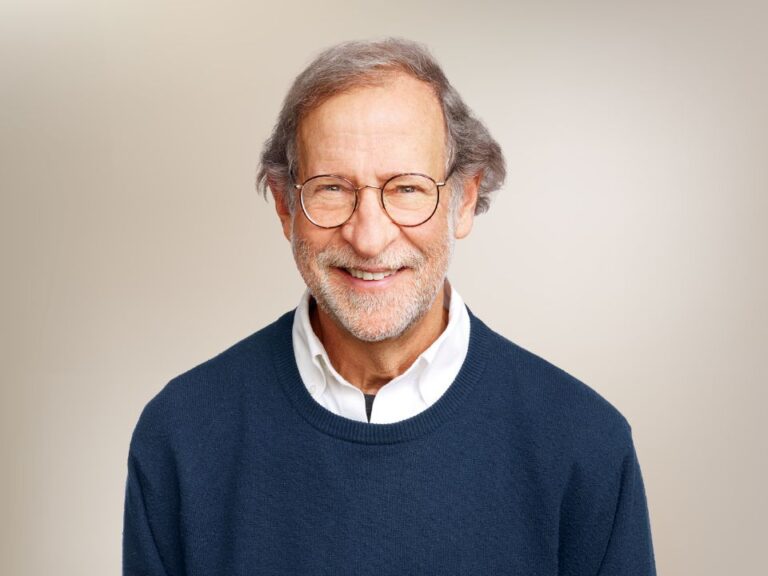Young B-ALL patients who received doses of tisagenlecleucel, a chimeric antigen receptor T cell (CAR T) therapy, at the higher end of the FDA-approved dosing range had significantly better survival rates at one year compared with those who received lower doses within this range.
To access this subscriber-only content please log in or subscribe.
If your institution has a site license, log in with IP-login or register for a sponsored account.*
*Not all site licenses are enrolled in sponsored accounts.
Login Subscribe
If your institution has a site license, log in with IP-login or register for a sponsored account.*
*Not all site licenses are enrolled in sponsored accounts.
Login Subscribe






